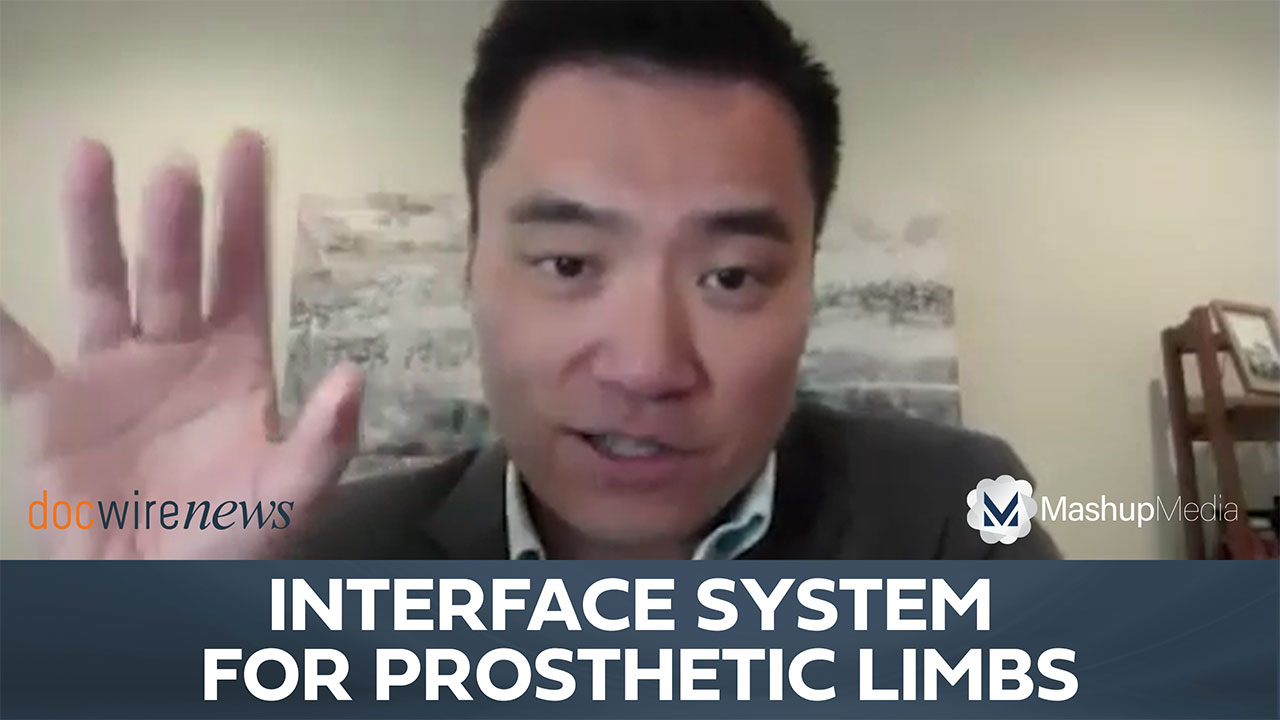
This week, Samsung Electronics and their medical branch Samsung Medison showcased several artificial intelligence (AI) technologies designed for use with medical imaging devices. These AI imaging tools were revealed at the Radiological Society of North America’s 2018 Annual Meeting in Chicago, and were created to be implemented into diagnostic imaging devices that are currently on the market, as per Samsung.
At this Chicago meeting, Samsung unveiled their S-Detect for Breast, a radiology ultrasound tool that functions to standardize how breast pathologies are classified and reported. In a study evaluating the efficacy of S-Detect, researchers assessed nearly 200 breast masses and reported that “S-Detect may be used as an additional diagnostic tool to improve the specificity of breast US in clinical practice, and guide in decision making for breast masses detected on US.” S-Detect incorporates BIRADS ATLAS (Breast Imaging-Reporting and Data System, Atlas) to standardize the management of these suspicious breast lesions.
SimGrid was also amongst the AI systems Samsung presented, and is a digital radiography application that helps physicians by reducing the bone signal generated in chest X-ray images. Ultimately, SimGrid uses AI to show obstructed tissues of the lung more clearly in these routine scans. Samsung notes on their health care page that “SimGrid streamlines the workflow for users as it works without a conventional portable grid, and that the system “reduces alignment errors, lowers retake rates and allows superior image quality even without the use of a grid.”
The Auto Lung Nodule Detection system is another that Samsung presented, and is currently 510(k) pending. Samsung describes the system as a Computer Aided Detection solution that uses AI technology in finding lung nodules in images. Auto Lung Nodule Detection was found to improve detection sensitivity in radiographs of lung cancer nodules by up to 92%, compared to the average detection of six chest radiologists.
Samsung also revealed plans to integrate AI into computed tomography (CT) and magnetic resonance imaging (MRI). The company claims to have created an “intra-cranial hemorrhage package” that uses a mobile stroke unit with a CT radiological computer triage and notification system based on AI technology. As for integrating AI into MRI imaging, Samsung is working with technologies to display information such as thickness of cartilage in the knee as well as imaging of arthritic knees. Samsung notes that this software is still in the prototype phase and is not yet for sale.
READ MORE: FDA Approved Artificial Intelligence Diagnosing Eye Disease
“We are pleased that Samsung’s AI technologies have been successfully applied to the existing diagnostic imaging devices and have been well received in the market,” said Dongsoo Jun, President of Health & Medical Equipment Business at Samsung Electronics and CEO of Samsung Medison. “As a comprehensive diagnostic imaging solution provider, we will continue to strengthen our technologies through collaboration with hospitals and healthcare professionals. We aim to bring together radiologists and AI to fill in the gaps for improved healthcare management.”
Super cool 1.5T extremity MRI at Samsung, with built-in AI optimization and orthopedic imaging apps!
[Booth 4315] #RSNA18 pic.twitter.com/NcrxAANHmU— William Morrison, MD (@morrisonMSK) November 26, 2018
Sources: Samsung, Mobi Health News YonHap News Agency, Dot Med







 © 2025 Mashup Media, LLC, a Formedics Property. All Rights Reserved.
© 2025 Mashup Media, LLC, a Formedics Property. All Rights Reserved.